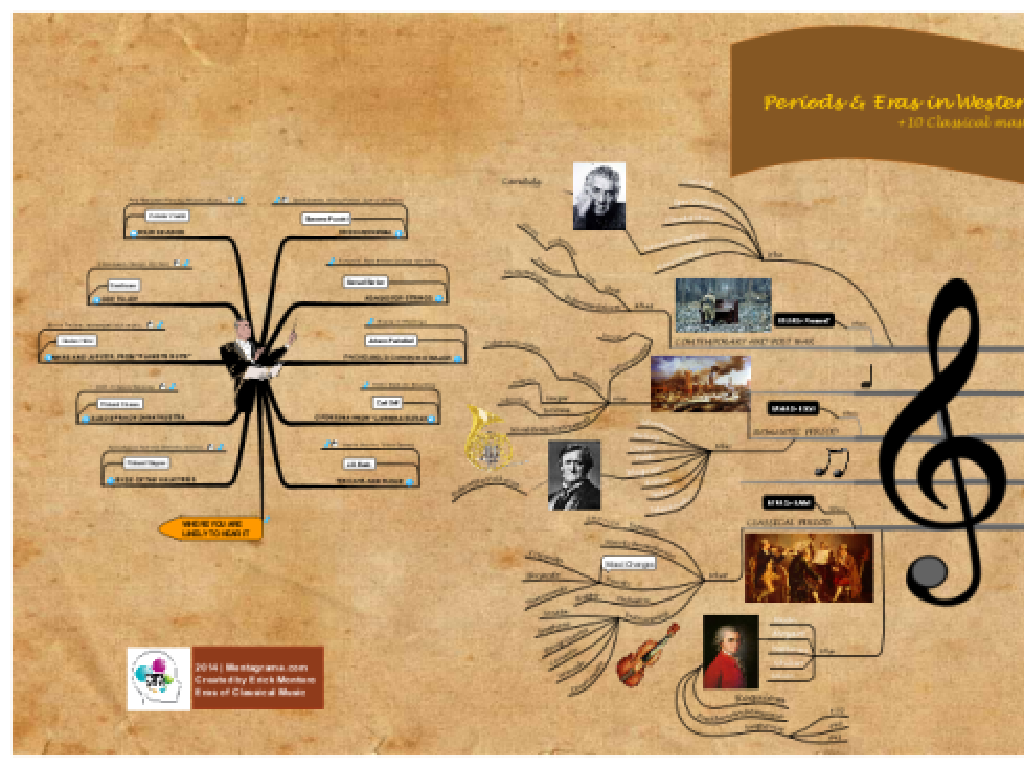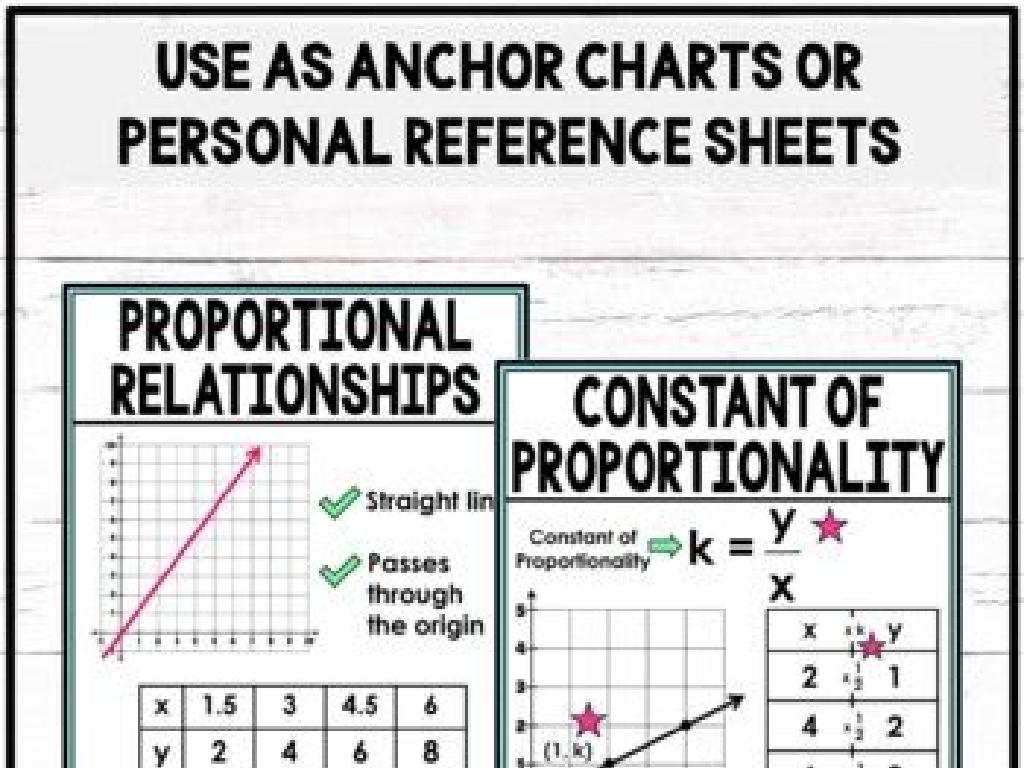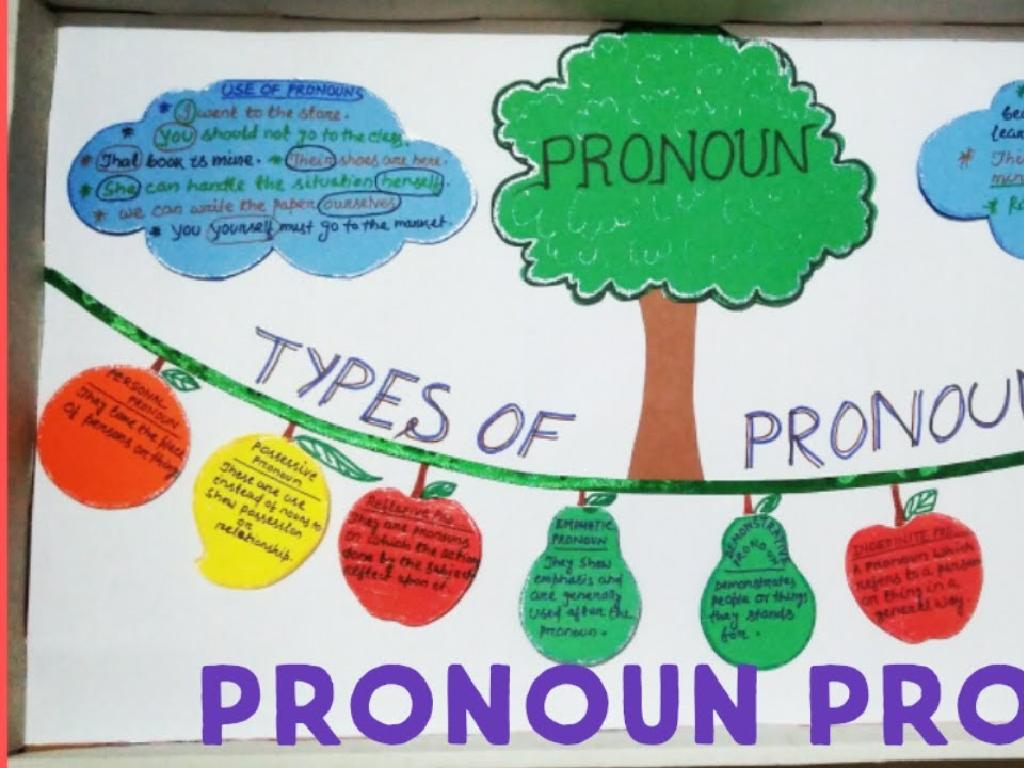Use Greek And Latin Roots As Clues To The Meanings Of Words
Subject: Language arts
Grade: Fourth grade
Topic: Greek And Latin Roots
Please LOG IN to download the presentation. Access is available to registered users only.
View More Content
Adventure of Words: Greek & Latin Roots
– Begin our word adventure
– Today’s quest: Greek & Latin roots
– Roots are word parts from Greek or Latin that form the basis of new words.
– Learn word formation
– Words are like puzzles; roots are pieces that come together to form them.
– Discover root meanings
– For example, ‘bio’ means life in Greek, as in ‘biology’ (study of life).
|
This slide introduces students to the fascinating world of word origins, specifically focusing on Greek and Latin roots. It’s designed to spark curiosity about the history and formation of words they use every day. Explain that many English words are derived from Greek and Latin roots, and understanding these roots can help decipher the meaning of unfamiliar words. Use engaging examples and encourage students to think of words they know that may contain Greek or Latin roots. This foundational knowledge will aid them in expanding their vocabulary and improving their reading comprehension skills.
Exploring Word Roots
– Roots: Words’ building blocks
– Greek & Latin roots in English
– Many English words are built using Greek and Latin roots
– Examples of common roots
– ‘bio’ means life, ‘geo’ means earth
– Understanding root meanings
– Knowing roots helps guess word meanings
|
This slide introduces the concept of word roots, focusing on Greek and Latin origins, which are essential in the English language. Explain that roots are the basic parts of words that carry meaning. Provide examples of common roots such as ‘bio’ (life) and ‘geo’ (earth), and show how they form words like ‘biology’ and ‘geography’. Emphasize that understanding the meaning of these roots can help students deduce the meaning of new words. Encourage students to look for root words in their reading and use them as clues to understand unfamiliar vocabulary. This foundational knowledge will aid in vocabulary development and enhance reading comprehension.
The Power of Roots in Language
– Roots unlock word meanings
– Like keys, roots help us unlock the meaning of new words we encounter.
– Clues to a word’s definition
– Think of roots as hints or clues in a word detective game.
– Boost reading comprehension
– Understanding roots helps us better understand the story or text we read.
– Expand your vocabulary
– Learning more roots can help us know and use more words.
|
This slide introduces the importance of understanding Greek and Latin roots in learning new vocabulary. Roots are the building blocks of many words, and by learning them, students can become better at deciphering unfamiliar words, which in turn enhances their reading comprehension. It’s like having a secret code to figure out word meanings without always having to look them up. Encourage students to think of roots as tools for unlocking the meanings of words, much like a detective solving a mystery. Provide examples of roots and how they form different words. For instance, ‘bio’ means life, and it’s found in words like ‘biology’ (the study of life) and ‘biography’ (a story about someone’s life). This foundational knowledge will empower students to approach new vocabulary with confidence.
Exploring Greek Roots in English Words
– What are Greek roots?
– Greek roots are word parts from the Greek language that form English words.
– ‘photo’ and ‘graph’ meanings
– ‘photo’ means light, ‘graph’ means write.
– Words with ‘photo’ and ‘graph’
– ‘Photograph’ combines ‘photo’ (light) and ‘graph’ (write) to mean writing with light.
– Create your own examples
– Try to think of new words using ‘photo’ or ‘graph’.
|
This slide introduces students to the concept of Greek roots and how they form the foundation of many English words. Begin by explaining that roots are the basic part of a word that gives it meaning. Show how ‘photo’ and ‘graph’ are used in familiar words like ‘photograph’ (writing with light), ‘biography’ (writing about someone’s life), and ‘autograph’ (writing one’s own signature). Encourage students to use their creativity to combine these roots with others they know to form new words. This activity will help them understand the meaning of new vocabulary by recognizing the roots.
Exploring Latin Roots: ‘spect’ & ‘port’
– What are Latin roots?
– ‘spect’ means to look
– Examples: ‘spectator’ (someone who looks), ‘inspect’ (to look over)
– ‘port’ means to carry
– Examples: ‘transport’ (to carry from one place to another), ‘portable’ (easy to carry)
– Words with ‘spect’ and ‘port’
– ‘Spectator’ – a person who watches something, like a game. ‘Transport’ – to carry things from place to place.
|
This slide introduces students to the concept of Latin roots, which are the building blocks of many words in the English language. Understanding these roots can help students decipher the meanings of unfamiliar words. The root ‘spect’ is found in words like ‘inspect’ and ‘spectator,’ relating to the act of looking. Similarly, ‘port’ is a root in words like ‘transport’ and ‘portable,’ which involve carrying. Encourage students to think of other words they know that might contain these roots. Activities can include a word hunt in reading assignments or creating a classroom ‘root tree’ where students add words as they discover them.
Word Detective Game: Uncover Meanings with Roots
– Become a word detective!
– Find the root in words
– Look for the Greek or Latin part in a word
– Guess meanings from roots
– Use the root to figure out what the whole word could mean
– Share your word discoveries
|
This interactive game encourages students to explore the concept of Greek and Latin roots in words. By acting as ‘word detectives,’ they will learn to identify the root of a word, which is often derived from Greek or Latin. Understanding these roots can help students deduce the meaning of unfamiliar words. For example, ‘bio’ means life in Greek, so from ‘biology,’ we can guess it’s the study of life. Provide students with a list of words containing common Greek and Latin roots and ask them to guess the meanings. Afterward, discuss the actual meanings and how the roots provided clues. This activity will enhance their vocabulary and decoding skills, essential for reading comprehension.
Building New Words with Roots
– Create words using roots
– Roots are word parts that have meaning
– Add prefixes and suffixes
– Prefixes come before roots, suffixes after
– ‘tele’ + ‘phone’ = telephone
– ‘tele’ means far, ‘phone’ means sound
– Practice with more examples
– Combine roots with ‘tele’ to make new words
|
This slide introduces students to the concept of word construction using Greek and Latin roots, prefixes, and suffixes. Begin by explaining that many English words are formed by combining these elements. Use ‘telephone’ as a clear example, breaking down the roots and their meanings. Encourage students to think of other words that use the root ‘tele’ such as ‘television’ (far + vision) or ‘telegraph’ (far + writing). Provide additional examples and facilitate a class brainstorming session where students can build new words using different roots and affixes. This activity will enhance their vocabulary and understanding of word formation.
Practice Time: Greek and Latin Roots
– Match roots to meanings
– ‘bio’ means life, ‘geo’ means earth
– Combine roots with affixes
– Add ‘un-‘ to ‘known’ to make ‘unknown’
– Create new words
– ‘Biology’ from ‘bio’ + ‘logy’ (study of life)
– Share your examples
|
This slide is designed for an interactive class activity where students will engage with Greek and Latin roots. Start by having students match common roots to their meanings. Then, guide them to combine these roots with different prefixes and suffixes to form new words. Encourage creativity and exploration of word formation. Finally, allow students to share their new words and discuss the meanings. This activity will help solidify their understanding of how words are constructed and enhance their vocabulary skills.
Class Activity: Create Your Root Word Tree
– Start with a root on the trunk
– Grow branches with related words
– Each leaf represents a word
– Share and explain your tree
Discuss how each word relates back to the root
|
This activity is designed to help students visually understand how many words can grow from one single root. Begin by explaining what a root word is and how it forms the basis of many words. Have students choose a Greek or Latin root and write it on the trunk of a tree they draw. Then, they should add branches to their tree, with each branch ending in a leaf that has a word derived from the root. Encourage creativity in the design of their trees. Once completed, students will present their trees to the class, explaining the meaning of the root and how each word on the branches relates to it. This will reinforce their understanding of word formation and the significance of Greek and Latin roots in the English language. Possible roots to start with include ‘bio’ (life), ‘geo’ (earth), ‘tele’ (far), and ‘photo’ (light).
Conclusion: The Power of Roots in Language
– Recap Greek & Latin roots importance
– Understanding roots helps us guess word meanings.
– Roots aid in daily reading & writing
– Recognizing roots can make reading new words easier.
– Share your new knowledge
– Discuss what roots you found most interesting.
– Plan to use roots in the future
– Think of ways to spot roots in books or homework.
|
As we wrap up today’s lesson, remind students of the key role Greek and Latin roots play in understanding English. Emphasize how this knowledge is a tool they can use every day to enhance their reading comprehension and writing skills. Encourage them to reflect on what they’ve learned and to share any interesting roots they’ve discovered. Ask them to think about how they can apply this understanding when they encounter new words in their daily lives, whether in books, on signs, or in their schoolwork. This reflection will help solidify the day’s lessons and give them practical ways to use their new skills.





